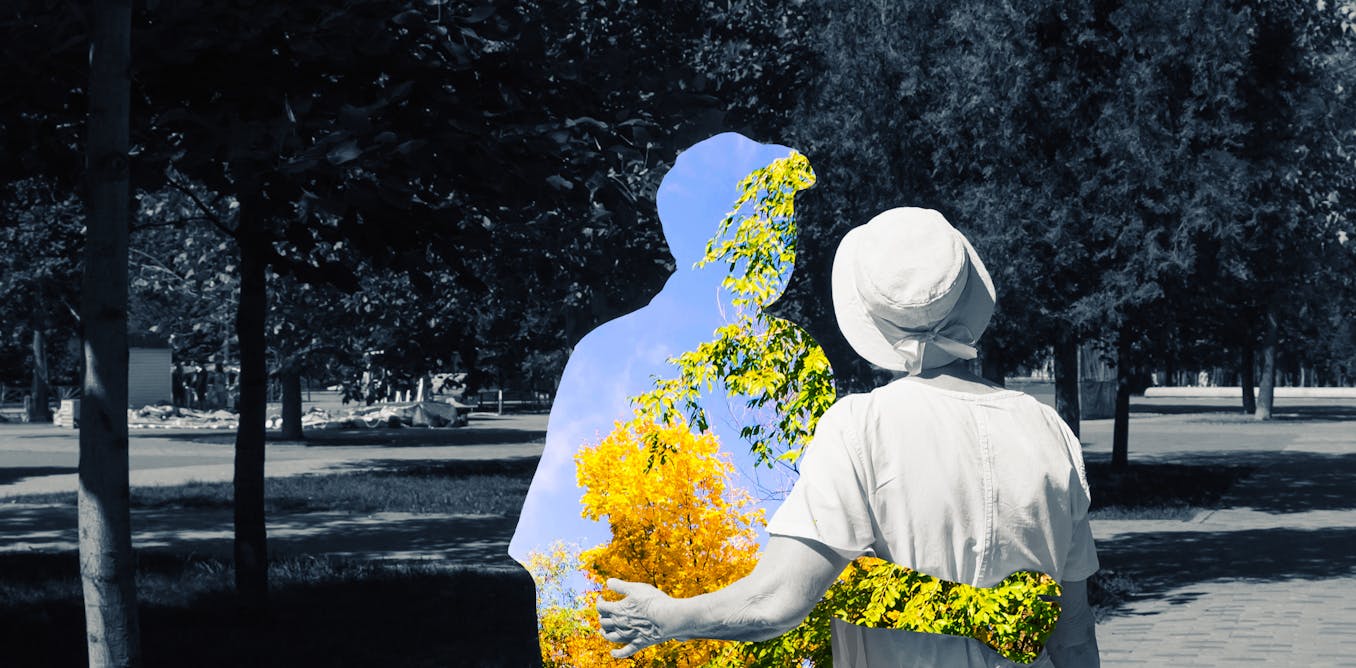Beyond the Grave: How AI is Transforming Our Understanding of Death and Memory
As technology continues to advance, artificial intelligence (AI) is reshaping our perceptions of death, memory, and the very essence of what it means to be human. The intersection of AI and mortality leads to profound questions about how we remember and honor those we’ve lost. This exploration delves into the implications of AI on our understanding of death, memorialization, and even the concept of immortality.
Reimagining Memories with AI
Memory has always been a complex tapestry woven from personal experiences, emotions, and shared moments. With the advent of AI, we have begun to see new ways in which memories can be preserved and reimagined. AI technologies, such as machine learning and natural language processing, enable us to analyze vast amounts of data, helping us create digital legacies of loved ones.
- Digital Memorials: Websites and platforms now allow users to create digital memorials where family and friends can share stories, photos, and videos, preserving the essence of a person beyond their physical presence.
- AI-Powered Chatbots: Some companies are developing chatbots that can simulate conversations with deceased loved ones. These bots use AI to analyze a person’s social media, texts, and other digital footprints to create lifelike interactions.
These innovations prompt us to reconsider how we keep memories alive. AI not only enhances our ability to memorialize but also offers a semblance of connection, allowing us to engage with the memories of those we’ve lost in a more interactive manner.
The Ethics of AI in Death and Memory
While AI presents exciting opportunities for remembering the deceased, it also raises significant ethical questions. The idea of conversing with a digital version of a loved one can be comforting, but it also leads to concerns about consent, privacy, and the authenticity of the memories being portrayed.
- Consent: Can we ethically recreate a person’s digital persona without their explicit consent? How do we handle the memories of individuals who may not have wanted their lives to be shared in such a public manner?
- Privacy: The aggregation of personal data to construct these AI models must be handled with care. Protecting the privacy of both the deceased and their families is paramount.
- Authenticity: What happens when AI generates memories or communicates in a way that does not align with the real person? This raises questions about the fidelity of AI representations.
As we navigate these ethical dilemmas, it’s crucial to create guidelines that balance innovation with respect for individual rights and dignity.
AI and the Concept of Immortality
One of the more philosophical implications of AI’s role in our understanding of death is the notion of immortality. As we create digital representations of ourselves and our loved ones, the idea of a digital afterlife begins to take shape. This concept challenges our traditional views on life and death and poses existential questions: What does it mean to live on after death? Can a digital version of ourselves truly represent who we are?
Some proponents of AI in the realm of immortality argue that these advancements provide a way to carry forward the legacies of those who have passed. They believe that as long as memories are preserved and shared, a part of that person remains alive. Others caution against this notion, warning that it may lead to an unhealthy obsession with the past or hinder the natural grieving process.
AI in Grief Processing and Support
Grief is a deeply personal experience, and AI is beginning to offer new avenues for support. Innovative apps and platforms are emerging, utilizing AI to provide resources for those processing loss.
- Virtual Grief Support Groups: AI can analyze user interactions and provide personalized grief support, connecting individuals with similar experiences.
- AI Therapy Bots: Some platforms offer AI-driven chatbots designed to help users work through their emotions, offering coping strategies and a listening ear.
These tools can provide a sense of community and understanding for those who may feel isolated in their grief. However, it’s essential to note that AI should complement, not replace, human connection and professional support.
Preserving Cultural Memories
AI’s impact extends beyond individual experiences; it also plays a vital role in preserving cultural memories. As societies evolve, traditions and histories can easily be lost if not documented properly. AI offers innovative solutions for archiving and sharing these cultural narratives.
- Language Preservation: AI can assist in documenting endangered languages, creating resources for future generations and ensuring that unique cultural identities are not forgotten.
- Historical Archives: AI technologies can sift through vast amounts of historical data, identifying patterns and preserving stories that might otherwise fade into obscurity.
By leveraging AI, communities can honor their heritage and ensure that their stories continue to resonate long after they are told.
The Future of AI, Death, and Memory
As we look to the future, the relationship between AI, death, and memory will likely continue to evolve. Innovations in technology will provide even more sophisticated ways to honor and remember those we’ve lost. The challenge will be finding a balance that honors the complexity of human emotion and the sanctity of life and death.
In conclusion, AI is transforming our understanding of death and memory in profound ways. From digital memorials to AI-powered interactions with our deceased loved ones, technology is reshaping how we preserve legacies and process grief. While these advancements present exciting opportunities, they also come with ethical considerations that must be thoughtfully addressed. Ultimately, as we navigate this new landscape, we must remember to cherish our shared humanity and the connections that bind us, both in life and beyond the grave.
See more Future Tech Daily

